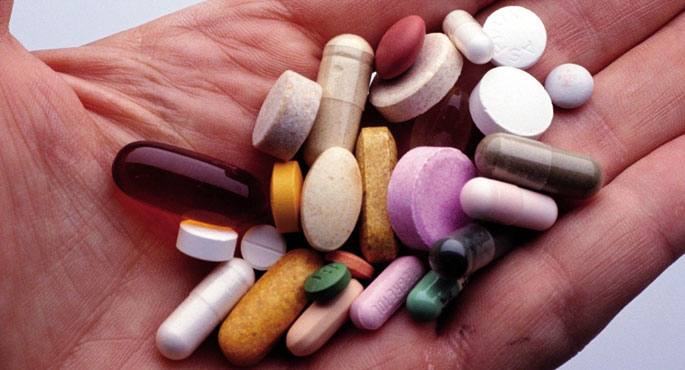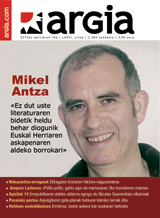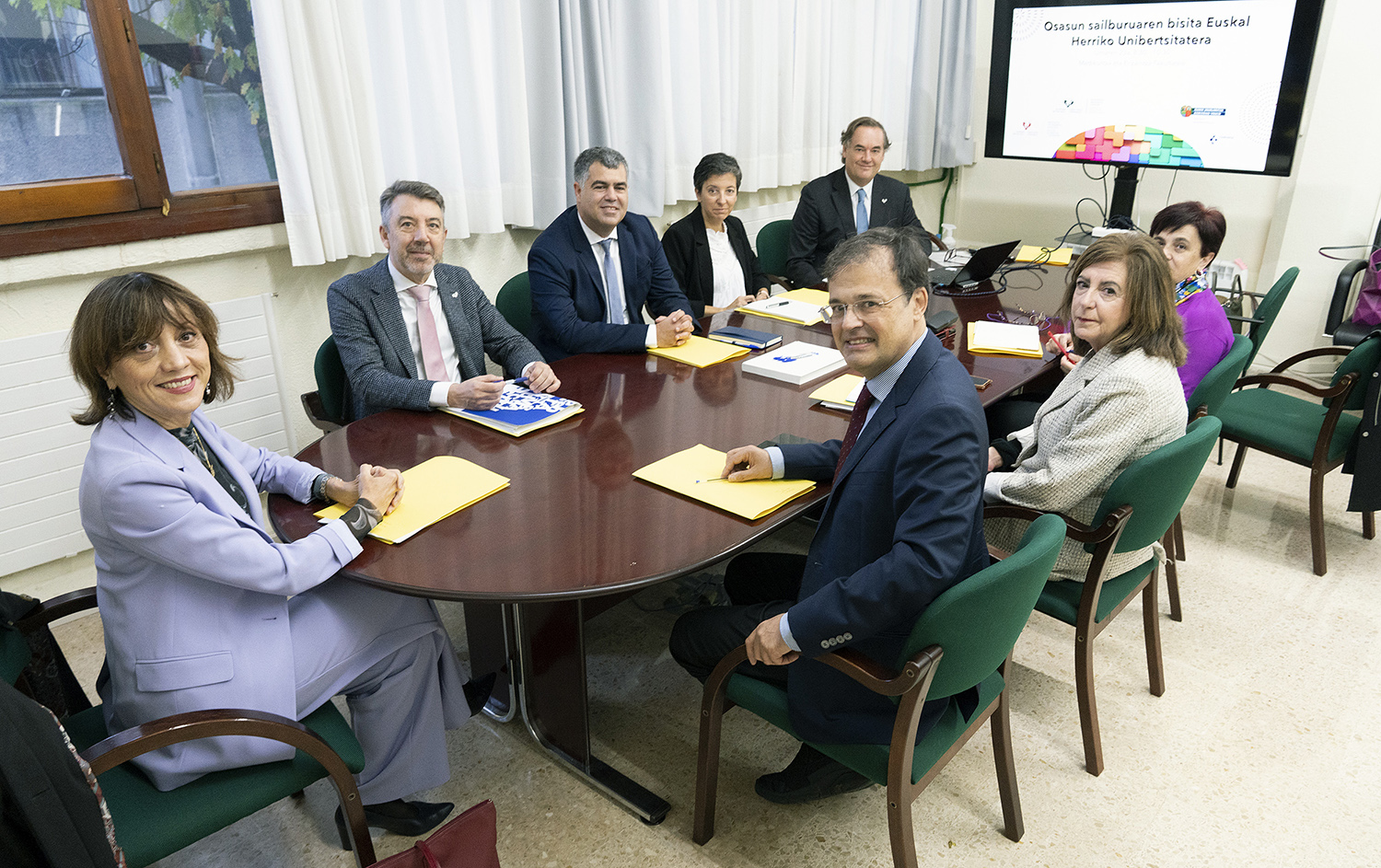What would the future be without antibiotics?

It is often useless to raise hypothetical situations such as that of the title, since the evolution of mankind tends to be favourable, while backward returns seem unthinkable to us. But if we let the imagination fly a little, and lately they have multiplied a lot in film and television by the way of catastrophic environments that today do not seem so “unknown” to us, let us think for a moment about what our life without antibiotics would be. Words like disaster, apocalypse, etc. They come to mind one after the other. And it's no less.
Medicine has taken giant steps in recent decades and we could hardly give up the welfare situation we live in today. But what if we radically changed the situation and lived in a world without antibiotics? Let's look at some possible situations:
A small cut in a finger during the kitchen would provide a state of life or death, and in that struggle for survival luck would have more importance and meaning than all the wisdom of the most expert doctor.
Even the simplest surgical interventions, currently considered as empty routines, such as the elimination of some enlarged tonsils, would be fatal.
Anticancer organ treatments or transplants would kill us before the cancer itself or the damaged organ failure.
Childbirth itself would be a new life-and-death situation for women.
half a century ago
Antibiotic use began to become widespread in the 1960s. Although for many young people and not so young today it is impossible to imagine a world without antibiotics, I remember very well how our uncle, who rose from bed at night, went home to a sick child in his old four or four, although perhaps he had seen him that same afternoon in the consultation.
In the 1960s, antibiotics were barely used in the Basque Country. It was enough for a child to have bronchitis – not to say whether the disease was a little more serious – to make the doctor’s visits much more frequent and urgent. Fortunately, the spread of antibiotics greatly diminished the severity of these situations and we consider them as part of everyday life in today's society. But what if we went back to the age of 50-60 and lived in an antibiotic-free world?
Antibiotics kill bacteria, but bacteria slowly seek a way to survive, making them resistant (see Luz, p.2,300). ). However, to the extent that new antibiotics are being produced, the problem of resistance would not be too great. That a germ is resistant to a certain antibiotic? Well, choose another antibiotic from our therapeutic “weaponry” and go ahead.
This has been done in recent years, and most, if not all, cases have been solved, making the necessary changes of treatment. However, it should be noted that nowadays there are cases with special difficulties, such as tuberculosis or sexually transmitted diseases. Also opportunistic infections in hospitals that affect patients with weakened defenses. These cases, for the time being, are controlled quite well thanks to the rational use of antibiotics.
However, since the 1980s, no new types of antibiotics have been discovered and may one day run out of arms in the fight against bacteria. How can I fix it? As always, with basic pharmacological research: working silently, with great economic effort and patience, and after many failed trials, at any given moment, with a new antibiotic. Of course, asking for more money for research is free, but in times of crisis ...
Punto Bobo liburuaren irakurketan murgilduta, Itxaso Martin Zapirain egilearen Eromena, Azpimemoria eta Isiltasunak Idazten ikerketa lanean sentitu nuen egiazkotasun eta maila etikoarekin egin dut berriz ere topo. Eta hortaz, hara bueltatu. “Oihu izateko jaio zen isiltasun... [+]
La bajona kolektibo kide Heiko Elbirak salatu du psikiatriak zisheteroarautik aldentzen diren erotikak kontrolatu nahi dituela.
Down sindromea eragiten duen 21. kromosomaren kopia gehigarria ezabatzea lortu dute ikertzaile japoniar batzuek laborategiko giza zeluletan. Erabilera klinikotik urrun dagoen arren, sindrome hori tratatzeko aukera berri bat ireki du esperimentu honek. PNAS Nexus aldizkarian eman... [+]
Washington (EE.UU. ), 1807. The US Constitution banned transatlantic slave trade. This does not mean that slavery has been abolished, but that the main source of the slaves has been interrupted. Thus, slave women became the only way to “produce” new slaves.
So in 1845, in... [+]
What blew me a lot is the way some doctors talk to the patient. They talk to us about pain as if we were children. As I have had two kidney transplants, I know what I mean: among other things, I have had a tube inside my penis. Because of the anesthesia, I didn't feel how I got... [+]
Today I have come to start with my words.
Four years!
I've taken four years to get my life back.
Four years also lived to flee the prison.
Four years… In silence… Just… Leaving aside the life of the past… To understand the functioning of my different mind and to... [+]
Lack of good doctors for a high middle grade policy. This policy has ensured that very few young people have reached the medical career and the MIR has further removed people from that career.
And there are few Basque doctors because the knowledge of Euskera in this profession... [+]
Rainy red mornings, red blondes. Little with the Aramaio train and soon wind turbines will be installed, destroying the mountains. The wind of the river, from Vitoria, leads us along the same path: the river. Infrastructures yes, all we want, but not socio-health care... [+]




















